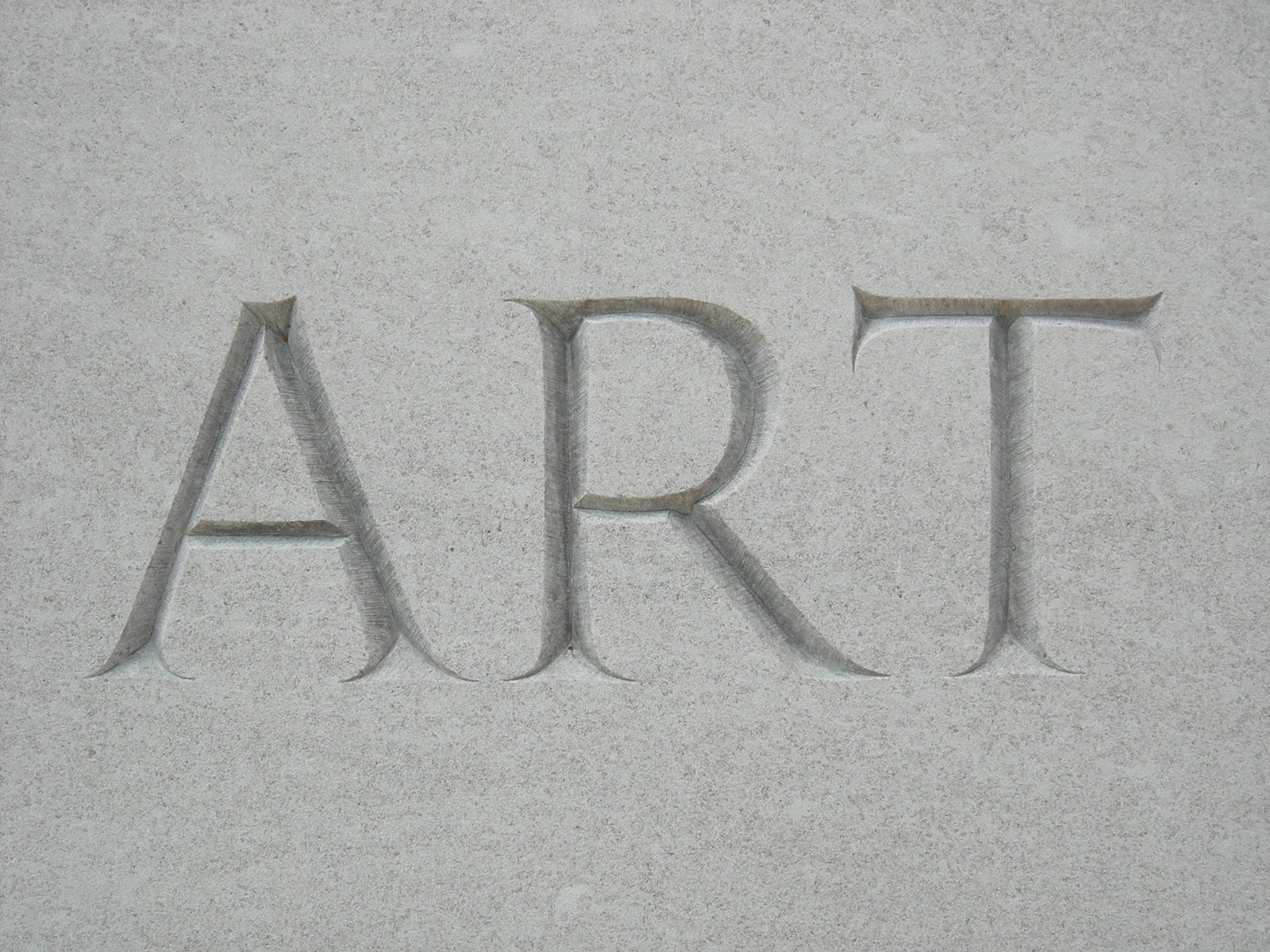

Even art is nowadays being patented
THE EPO overuses words like "inventor"; the USPTO (mis)uses words like "innovation" quite a lot, in essence just parroting the patent microcosm rather than applicants who think of themselves as developers, designers, engineers, programmers, builders, medics, chemists and so on (not "inventors").
"This 'words salad' from the patent microcosm is something we have become accustomed to"Spotted a couple of days ago was this new post by Peter Keros (patent microcosm). He spoke about "inventorship and ownership" in the following context:
Can vagueness in a development agreement allow standing to question inventorship of subsequently filed patents? The Federal Circuit held in Gregory C. James v. j2 Cloud Services, LLC, No. 2017-1506 (Fed. Cir. 2018) that an agreement vague on IP assignment could confer standing for a party to challenge inventorship of a patent.
[...]
Defendants lost because the SDA did not clearly establish that Plaintiff assigned the patent rights, so such agreements should explicitly assign rights to the correct parties. Furthermore, questions of inventorship and ownership should be clarified before starting infringement litigation to prevent subsequent challenges.
"They are also trying to confuse politicians and judges, calling acts of mere copying -- often not intentional at all -- "stealing", "theft" and even "piracy" (armed and often fatal robbery)."They often leverage words like "assets", "private", and "property" rather than "monopoly" or "franchise" (we saw lots of that in the buildup to Oil States). Days later Patently-O (a big culprit in this distortion of terms, including in the Oil States briefs) spoke of co-inventors/colleagues in relation to VerHoef (a CAFC case). It was about Section 101 and why a patent was altogether 'voided':
Once issued, Section 101 would still be available, but is questionable in my view (recognizing Congressional elimination of 102(f) should be given effect). An alternative would be to hold such patents unenforceable due to inequitable conduct (if intent is proven) or perhaps to simply refuse to give third-parties the opportunity to collaterally challenge patents based upon improper listing of inventors.